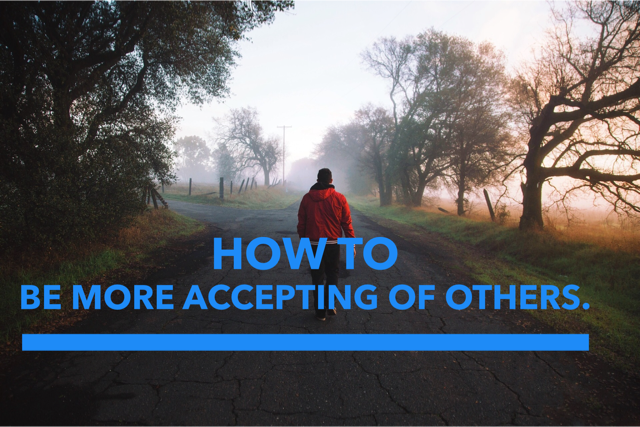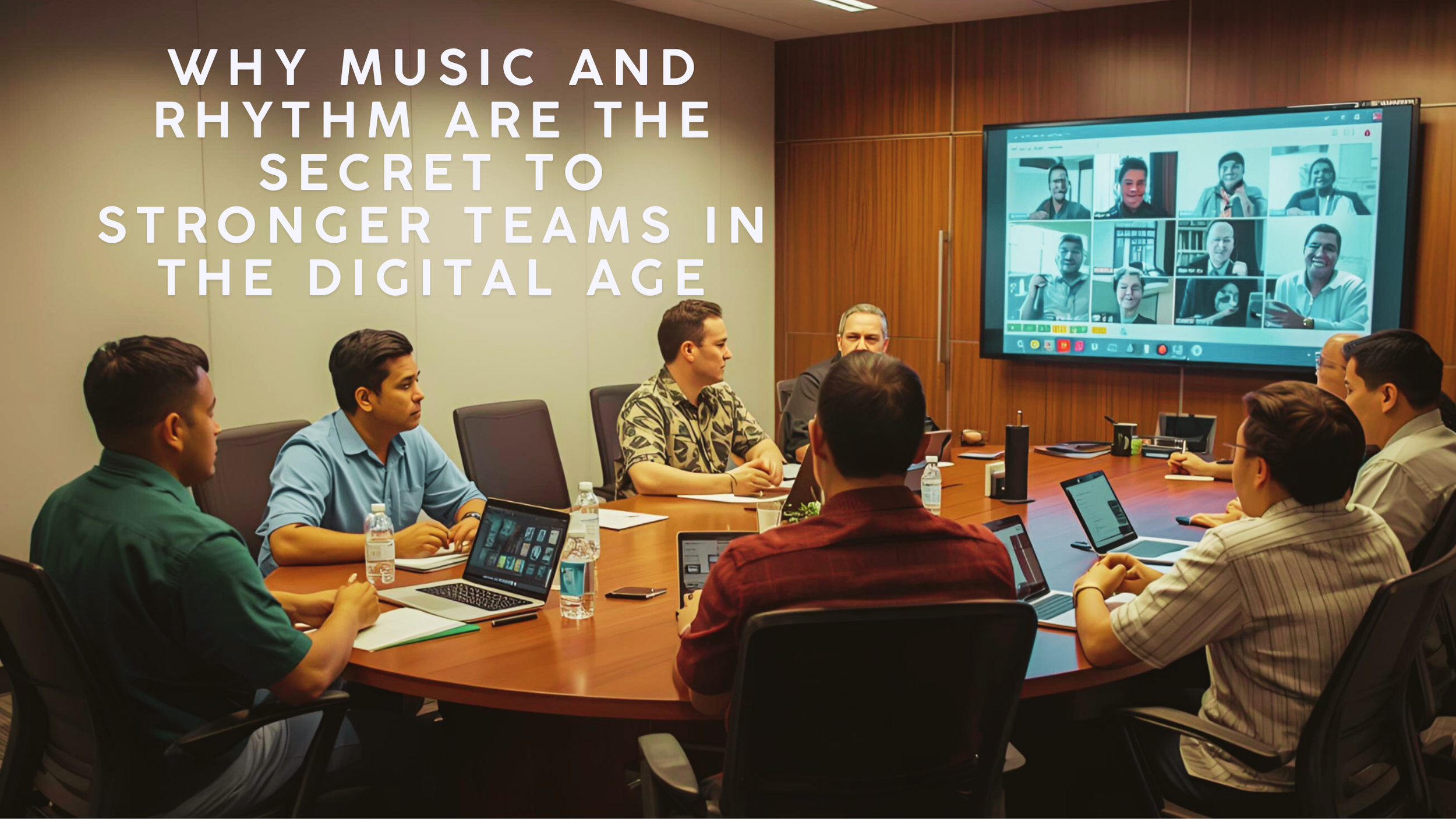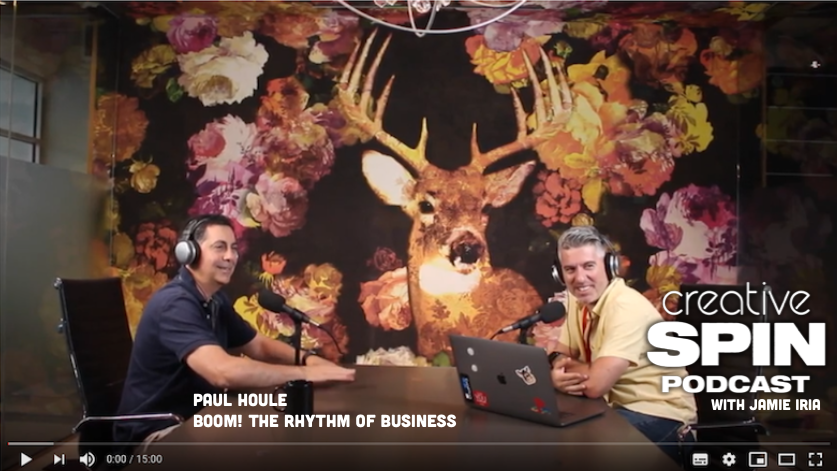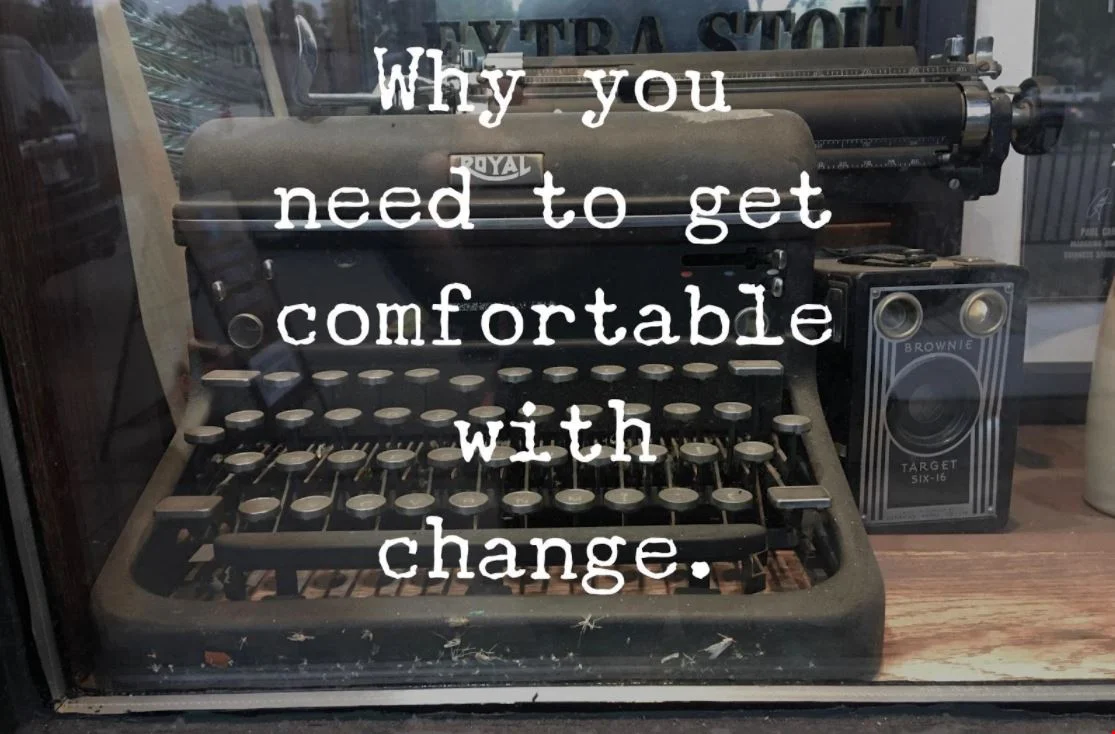
Popular Posts
Meet Paul
Paul is an expert at showing corporate teams how to be more unified and more collaborative. His proven team building program is guaranteed to bust through the silos as he shows your team how to be as unified as the players in a great orchestra.
A-list corporations have been using Paul’s team building program for almost two decades, his audiences include Microsoft, RBC, Goodyear, ING, Heineken, FedEx, PwC and P&G.

How my trust was lost, ignored and won
We live in a world where trust is a huge factor in many of the things we do.
But we don’t often talk about it.
When we read online reviews for people we need to hire for something, there are lots of words to describe the provider and the service provided. But one sentence you hardly ever see is, “I trust this person.”
That’s because it’s really hard to generate complete trust using only written words.
Trust is a feeling. It’s something we build with others and others build with us.
This post is about three trust experiences I had within a relatively short period of time: one where my trust was broken; one where gaining my trust was not a concern; and one where my trust was sincerely earned.

Why giving is the best thing for you to do.
When I was a kid, my morning routine involved getting up at the crack of dawn and doing my farm chores. One of my favourites things about that was being mobbed by the animals.
As soon as I would crack open that old barn door each morning, they’d come running toward me, almost knocking me over in the process, like I was some long-lost relative.
It didn’t matter whether it was the goats, pigs, puppies, or chickens. They were all gathered around me within an instant of my arrival.
Of course the reason they treated me this way was because, most times, I came in carrying a bale of hay or a couple of buckets of food.
I had something to give them.
The funny thing was that if I came into the barn without food, they’d react the same way.

How to make the best from what you've got!
Wouldn’t it be great if every person you worked with was simply the best at what they do?
If they had all graduated first in their classes at school and had received awards and glowing letters of recommendation?
If they all had years of business experience and know-how, and were unflappable in the face of challenge?
If they had all come from generations of successful business people?
If they had no demands or distractions from family and could just concentrate on work all the time?
Aside from the potential egos of such a group of people, it’d be pretty interesting. It could be really great. But it’s pretty unrealistic.
Most teams are not made up of the best of the best. They’re made up of the best you could get and sometimes it’s a far cry from the best.
You may have star employees among you but you probably also have a good number of folks who are pretty average. You may even have some folks who are not quite as good as you’d like.
This is most people’s reality. It happens on sports teams; it happens at work and pretty much anywhere you have a group of people who need to accomplish something together.
You’d think that, since this is a common reality for most people, we’d be pretty accepting of this and just go with it, but no.
What can often develop is some pretty negative talk, instead of figuring out how to make the best of what you’ve got.

You could do it by yourself but should you?
Maybe you’re a bit like me in that you’re pretty independent when it comes to doing your job.
After all, you and I have spent years becoming proficient, knowledgeable and responsible in order to be able to do what we do.
There’s a certain satisfaction, a sense of pride, when you can do things without relying on others.
As children, we were taught to be self-reliant – strong and capable. And it’s still going strong. Google “children and self–reliance” and you’ll see there are reams of information on how to create an independent child.
Then there are the quotes we often hear that re-enforce the necessity of being self-reliant.
“If you want a thing done well, do it yourself.”Napoleon Bonaparte
You usually hear this when someone is complaining about a task they entrusted to someone else that didn’t go so well.
“Survival of the fittest” – This is a phrase that originated from Darwinian evolutionary theory, inviting us to make ourselves the brightest and the best in order to succeed.
“No one can really pull you up very high - you lose your grip on the rope. But on your own two feet, you can climb mountains. “Louis Brandeis
You get the idea.
But there’s a downside to all this.
Sometimes we can be too independent, so much so that it costs us.

How to be more accepting of others
On a recent Sunday I found myself sitting in a church.
My church attendance could be referred to as spotty at best, and my religious education as a child was practically non-existent. So when I find myself in church, it is usually as a tag along because I have been gently prodded to attend with others who wish to go, as I was recently.
When I go, I tend to be more of an observer than a fully engaged participant. I also think we could all use a little more thoughtful reflection in our lives and churches can be a good place for that, no matter the religion.
Interestingly this time though, my take-away from this particular visit had nothing to do with the sermon but everything to do with the people who were there.










